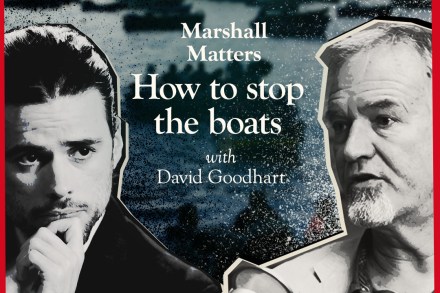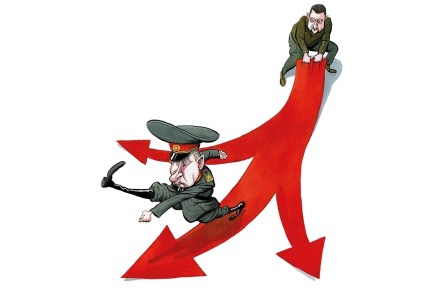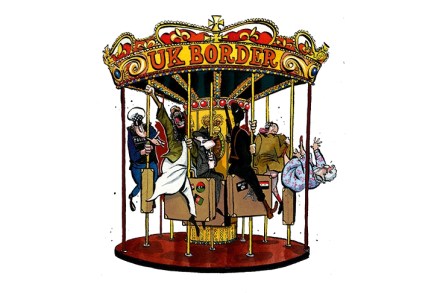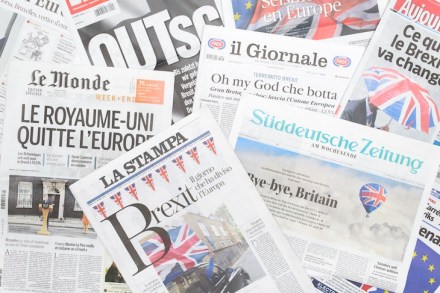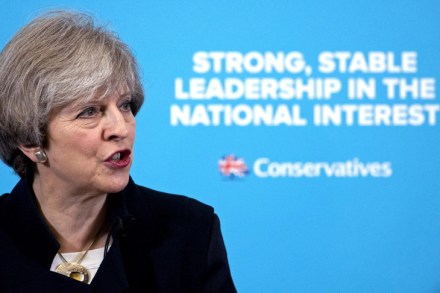Is Shabana Mahmood Labour's Iron Lady?
Has the Labour party finally found its answer to Margaret Thatcher? Shabana Mahmood’s withering response to Lib Dem MP Max Wilkinson’s po-faced complaint about her language in the asylum debate this week must rank as the most devastating, and justified, playing of the race card in recent parliamentary history. Opposition to using every legal means


